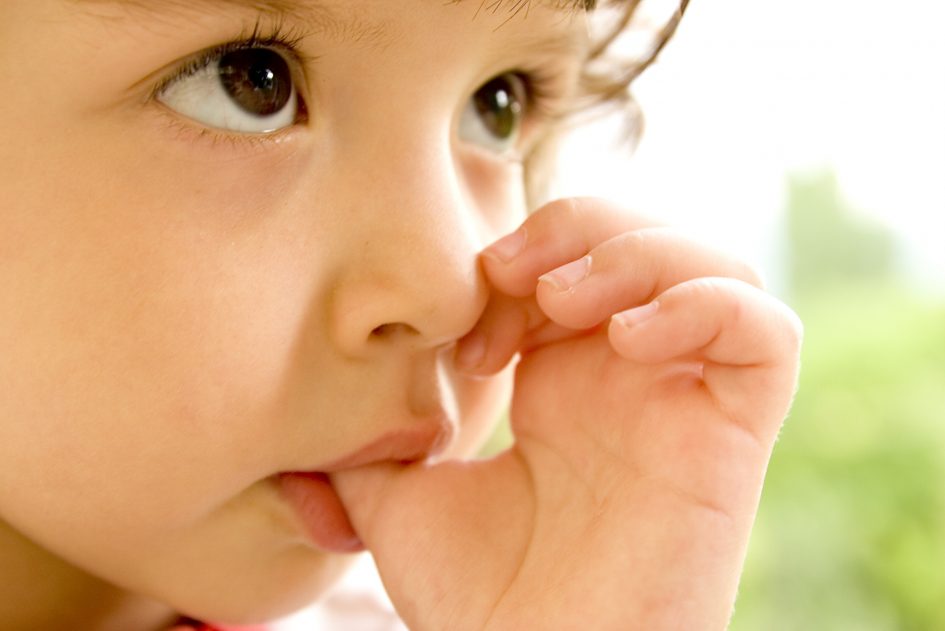Thumbsucking and Pacifier Use
For kids, thumbsucking comes naturally. Babies may feel safe and content when sucking on their thumbs, fingers, pacifiers, or other things, which also helps them learn about their surroundings.
Additionally, young toddlers may suck to relax and aid with sleep.
How Can Thumbsucking Affect My Child's Teeth?
Sucking may interfere with the appropriate development of the mouth and tooth alignment once the permanent teeth have erupted. Additionally, it may result in alterations to the mouth’s roof.
While using pacifiers can effectively have the same negative effects on teeth as sucking fingers and thumbs, the practice is frequently simpler to quit.
The degree to which the child suckers affects whether or not tooth issues may develop. Children who passively lay their thumbs in their mouths have fewer difficulties than those who actively suck their thumbs. Baby (primary) tooth issues might arise in certain aggressive thumbsuckers.
When Do Children Stop Sucking Their Thumbs?
Between the ages of two and four, or when the permanent front teeth are ready to sprout, is when children often cease sucking. Consult your dentist if you detect any changes in your kid’s primary teeth or if you have any concerns about your child sucking their thumbs.
How Can I Help My Child Stop Thumbsucking?
Children frequently suck their thumbs when feeling uneasy or in need of comfort, so compliment your child for not doing so. With your child’s comfort in mind, concentrate on eliminating the anxiety’s root cause.
•Allow an older kid to participate in selecting the way of stopping.
•Your kid can receive support from your dentist, who can also explain what can happen to your child’s teeth if they do not give up sucking.
If none of these suggestions work, bandage the child’s thumb or cover the hand with a sock at night to remind them of their habit. Your pediatrician or dentist may advise using a mouth appliance or a bitter medicine to coat the thumb.

